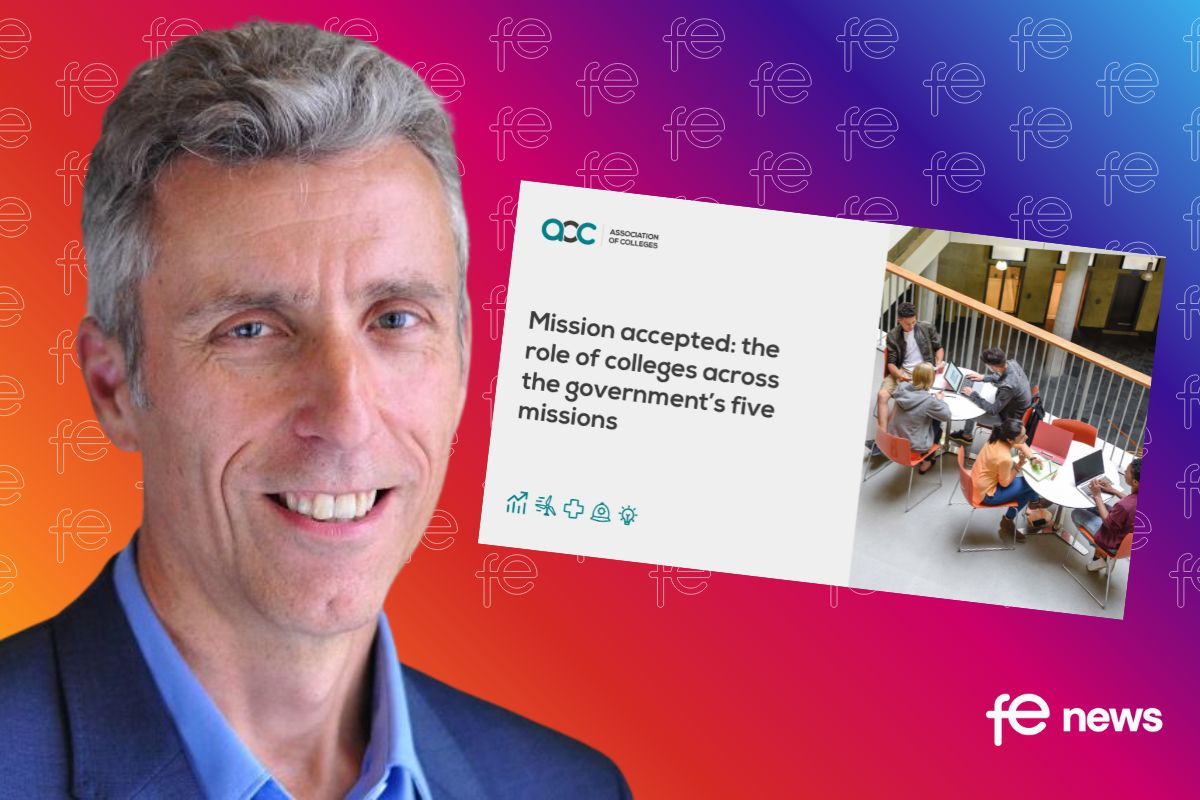College leaders warn Rishi Sunak not to turn the clock back on public spending

Colleges leaders have challenged the Chancellor to be bold in the spending review next month and continue to rewrite the rulebook on public spending. They argue that now is not the time to revert to shrinking public finances, and that only bold investment in people and skills will truly enable the country to ‘build back better and differently’.
Government will rightly be investing in railways, science and innovation centres, town centres and retrofitting for net zero as we emerge from the pandemic. But leaders in vocational and technical education have warned that without parallel investment for young people and those already in the workforce who require retraining, these plans and ambitions for a ‘levelled up’ country will not be achieved.
A £4.6bn injection into colleges over the next three years would support young people and adults to have the skills to build that infrastructure and subsequently start to reduce widening skills gaps and provide opportunities in the most disadvantaged communities.
As part of the Association of Colleges’ spending review submission, they have challenged the government to dig deep to follow through on its ambition to put skills front and centre of the economic rebuild and recognise that investment in people and training is the catalyst to creating a stronger, fairer and more resilient society.
On submission of the spending review asks on behalf of the England’s further education colleges, Chief Executive of Association of Colleges, David Hughes said:
“Rebuilding the country and meeting the challenges of the future is going to require determined action on long-standing inequalities across the education system, rising to the challenges posed by climate change and recognising that without colleges, levelling up will remain merely a slogan.
Unprecedented disruption and single year funding have created an unstable footing for colleges, but this a chance to put meat on the bones of various good proposals set out in the Skills for Jobs white paper. I urge the Chancellor to be as bold and brave as he was protecting the country from the consequences of Covid-19 when he rises to the despatch box next month.”
AoC is clear that if further education funding continues to severely lag behind both university and school funding – currently annual public funding per university student averages £6,600 compared to £1,050 for adults in further education, then this year’s further education white paper and skills bill including the new lifetime skills guarantee and the lifetime loan entitlement risk being wasted endeavours.
The Association of Colleges have outlined three priority areas which require action:
- Closing skills gaps and workers of the future – There is a pressing need for action on skills to support growth sectors (for example health, construction, digital and the green economy), help for those who have lost their jobs retrain, filling urgent skills shortage jobs and to build a stronger technical education system.
- Addressing lost learning and creating a fairer education system – Longstanding inequities and deficiencies in education have been worsened after unprecedented challenges caused by Covid-19 for young people. To build back better in education, colleges need to be supported to help students catch up and combat “learning loss”. The current education recovery will help but is not enough to deal with the scale of the challenge. Choosing not to invest in the future of young people, at this crucial moment, will only lead to wider opportunity gaps and greater costs down the line.
- Education is the key to reaching a net zero carbon economy – colleges have a key role to play in the urgent transition to a net zero carbon economy. Timely and sustainable investment in green skills for young people and supporting the transition of people from old to new sectors will enable the country to meet its targets. Alongside being able to respond in adequate time to close the future skills supply gap and lead on and embed climate education.











Responses